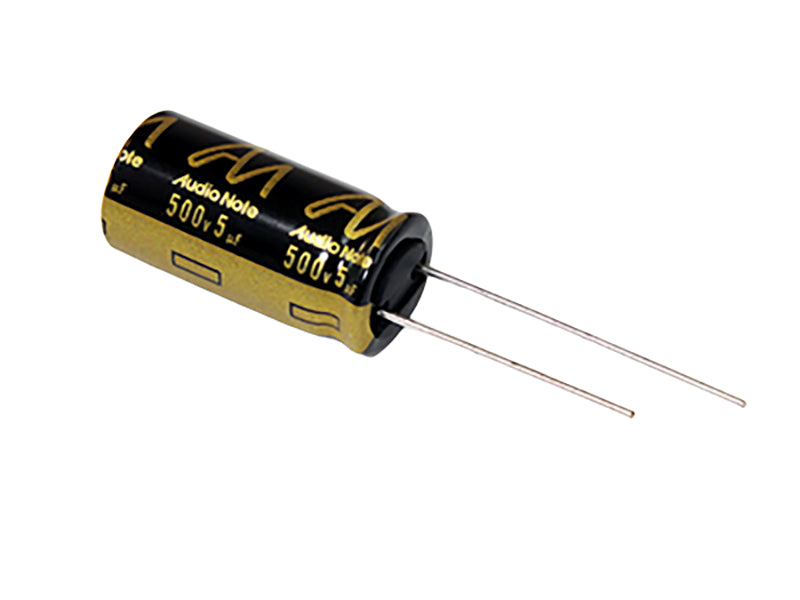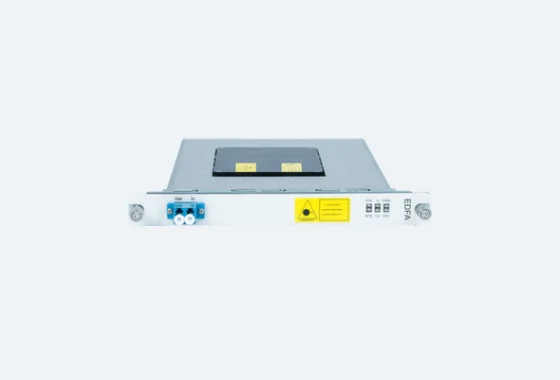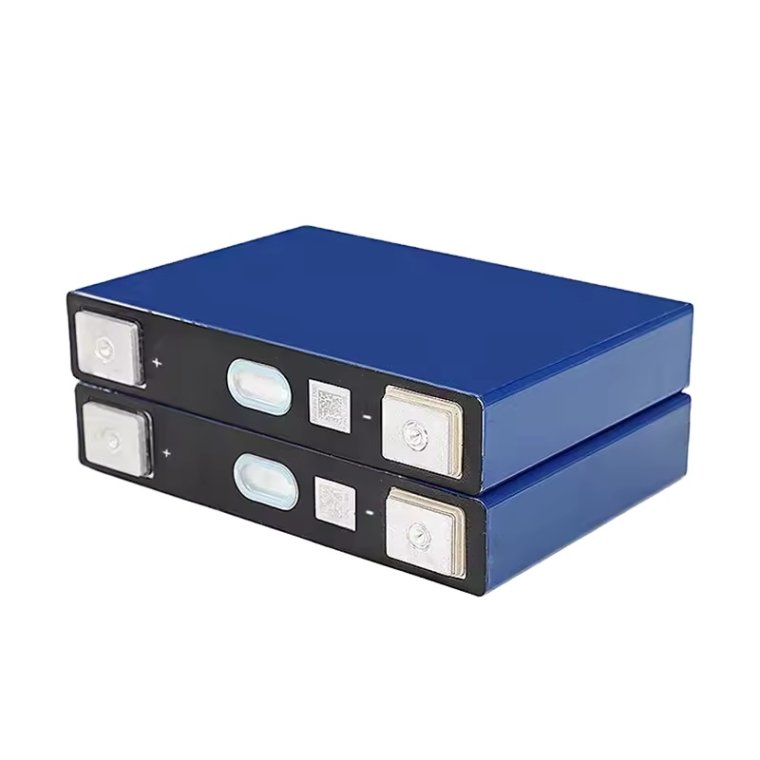
In the realm of power electronics, AC to DC converters play a pivotal role in converting alternating current (AC) into direct current (DC). These converters are widely used in various applications, ranging from power supplies for electronic devices to renewable energy systems. One crucial component that significantly influences the performance and efficiency of AC to DC converters is the capacitor. In this article, we will delve into the reasons why capacitors are utilized in AC to DC converters and explore their indispensable role in the power conversion process.
- Smoothing Voltage Ripples:
When converting AC to DC, the output voltage of the converter often exhibits ripples or fluctuations. These voltage ripples can adversely affect the performance of electronic devices, leading to potential malfunctions or instability. Capacitors come to the rescue by smoothing out these voltage ripples. By storing and releasing electrical energy, capacitors act as a buffer, ensuring a more stable and continuous DC output. - Energy Storage:
Capacitors possess the unique ability to store electrical energy. In AC to DC converters, capacitors store energy during the positive half-cycle of the AC input voltage and discharge it during the negative half-cycle. This energy storage capability helps to bridge the gap between the AC and DC waveforms, resulting in a more consistent and regulated DC output. - Filtering High-Frequency Noise:
AC power systems often contain high-frequency noise or interference, which can be detrimental to sensitive electronic components. Capacitors, with their inherent ability to block high-frequency signals, act as effective filters. By selectively allowing low-frequency DC signals to pass through while attenuating high-frequency noise, capacitors ensure a cleaner and more reliable DC output. - Power Factor Correction:
In addition to their role in voltage smoothing and noise filtering, capacitors also contribute to power factor correction in AC to DC converters. Power factor is a measure of how effectively electrical power is utilized. Capacitors are strategically placed in the converter circuit to compensate for reactive power, thereby improving the power factor and maximizing the overall efficiency of the conversion process.
Conclusion:
Capacitors play a multifaceted and indispensable role in AC to DC converters. From smoothing voltage ripples to filtering high-frequency noise and enabling power factor correction, capacitors enhance the performance, stability, and efficiency of power conversion. Understanding the significance of capacitors in AC to DC converters empowers engineers and designers to optimize their designs, resulting in more reliable and efficient power supply solutions.



